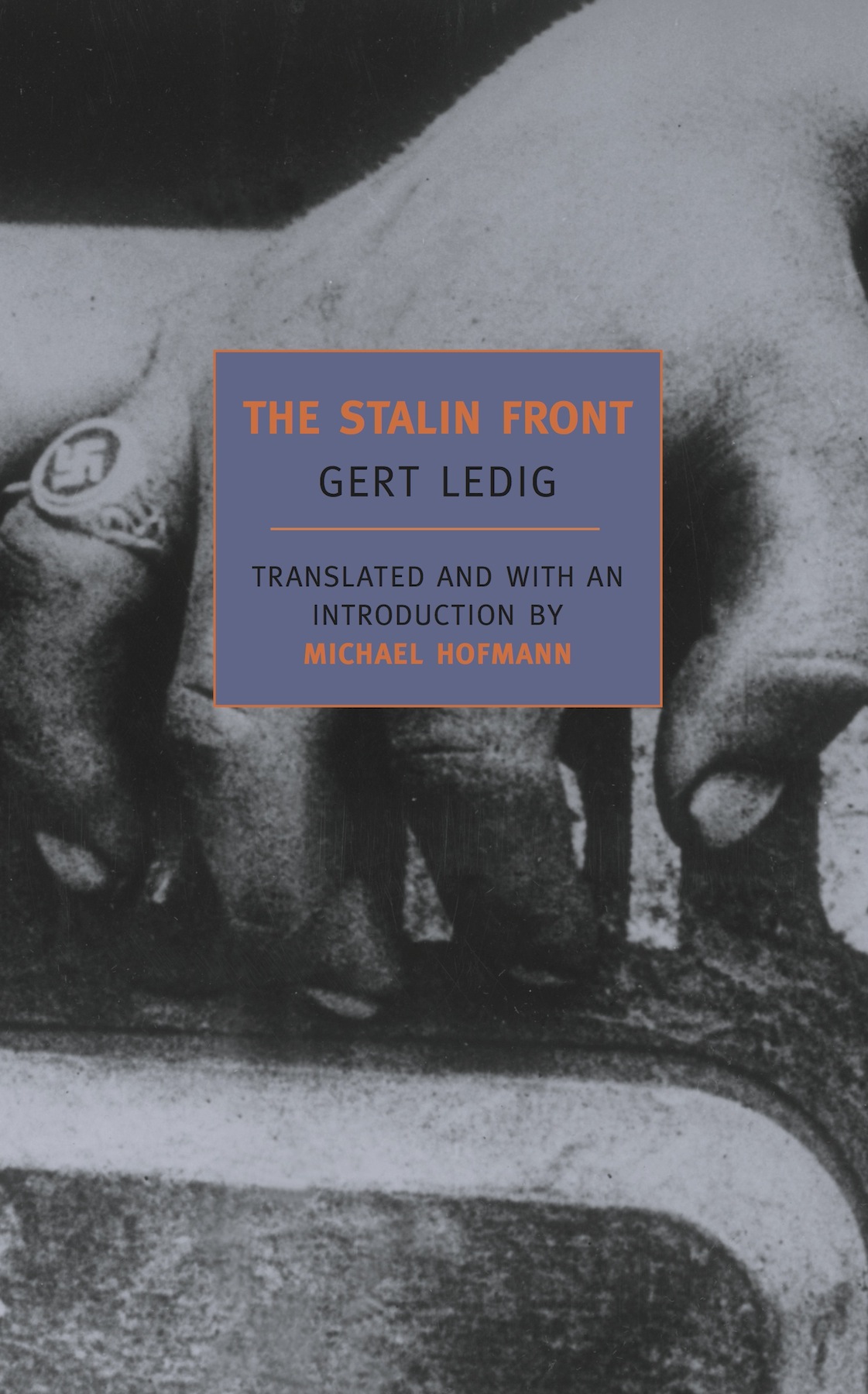
The Stalin Front
A Novel of World War II
- اطلاعات
- نقد و بررسی
- دیدگاه کاربران
نقد و بررسی

September 19, 2005
This slender but powerful account of the brutal fighting outside Leningrad in the summer of 1942 was originally published in 1955 as Die Stalinorgel
—literally, the Stalin Organ. This first English translation, from the well-respected London poet and translator Hofmann (Approximately Nowhere
), joins his 2003 translation of its 1956 companion, Payback
. The plot involves a Red Army advance against German trenches surrounding a barren hill near Podrova, and it gets the details right, but is mostly beside the point. In Ledig's hands, modern warfare reveals its horrific banality in prosaic bursts: the battlefield becomes a hellscape littered with corpses in rigor mortis, body parts and broken machinery; the soldiers, virtually indistinguishable from one another except by the color of their uniforms, descend gradually into desperation and despair, finally turning to "suicide, murder, self-mutilation, desertion, and dementia," but all the while clinging to bureaucratic order, artificial hierarchies and formal protocols that seem surreal and absurd amid the chaos. The point of view shifts between the sides, with no hint of ideology, political position or patriotic nobility—duty pertains solely to the moment at hand. Ledig's style is straightforward and unremarkable, but his shockingly modern view of war is anything but.

November 15, 2005
The brutality and mindlessness of battle could hardly be more trenchantly depicted than in this account of the most ferocious warfare of all time: the German-Soviet front of World War II. From the opening scene of a -bruise-black - sky to the final act of so-called military justice between two soldiers, Ledig (wounded at the battle of Leningrad in 1942, he published this fictional account in 1955) draws us into the melee of frightened troops and spattered body parts with prose both unstinting yet monochromatic. Plot hardly figures amid such carnage where the goal is to survive for another day, or hour, and the author identifies his characters not by name but by rank only. Ledig died in 1999. Hofmann provides a sterling translation as well as an insightful overview that puts the work in context. This book belongs on every shelf that hosts Erich Maria Remarque's "All Quiet on the Western Front"." -Edward Cone, New York"
Copyright 2005 Library Journal, LLC Used with permission.




دیدگاه کاربران